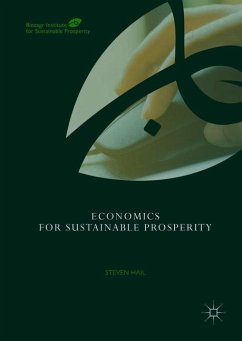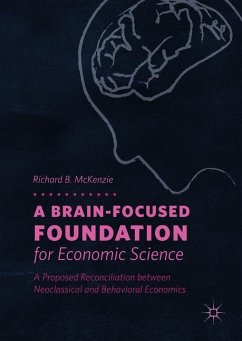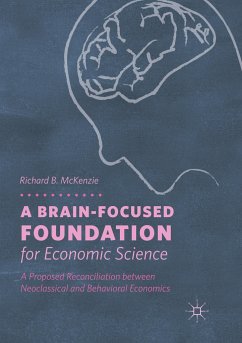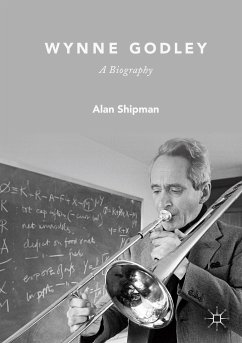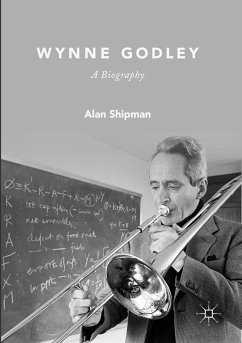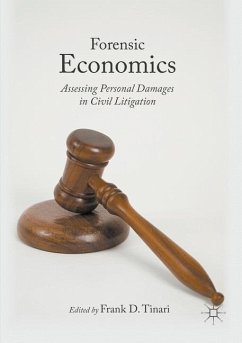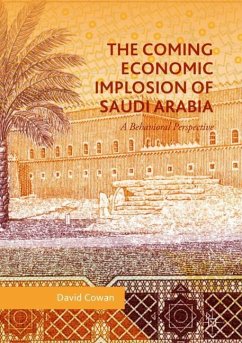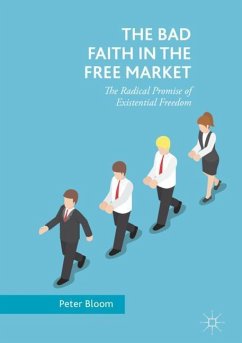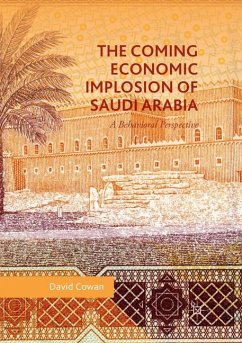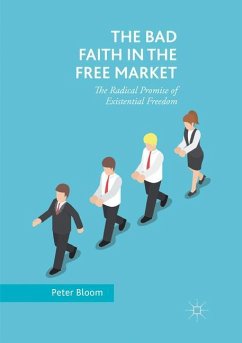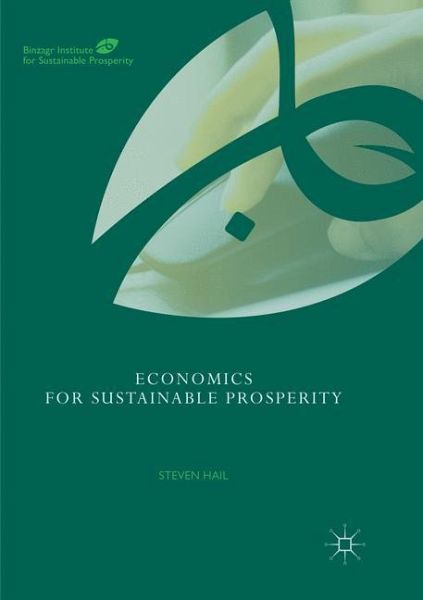
Economics for Sustainable Prosperity
Versandkostenfrei!
Versandfertig in 6-10 Tagen
91,99 €
inkl. MwSt.
Weitere Ausgaben:

PAYBACK Punkte
46 °P sammeln!
The central argument of this book is that the foundations for sustainable prosperity lie in an approach to economic management based on modern monetary theory and a job guarantee. This approach builds on the work of Keynes, Kalecki, Minsky, Davidson, Godley and other Post- Keynesian economists-as well as research by behavioral economists including Simon, Kahneman and Loewenstein-to explore the role that a permanent, equitable job guarantee could play in building an inclusive, participatory and just society. Orthodox (neoclassical) economics, in its various forms, has failed to deliver sustaina...
The central argument of this book is that the foundations for sustainable prosperity lie in an approach to economic management based on modern monetary theory and a job guarantee. This approach builds on the work of Keynes, Kalecki, Minsky, Davidson, Godley and other Post- Keynesian economists-as well as research by behavioral economists including Simon, Kahneman and Loewenstein-to explore the role that a permanent, equitable job guarantee could play in building an inclusive, participatory and just society. Orthodox (neoclassical) economics, in its various forms, has failed to deliver sustainable prosperity. An important reason for this failure is its lack of realistic foundations. It misrepresents both human nature and economic institutions, and its use as a frame for the development and assessment of economic policy proposals has had disastrous consequences for social inclusion and the quality of life of millions of people. This book discusses an alternative, more realistic andmoreuseful set of economic foundations, which could deliver the opportunity of a decent quality of life with dignity to all.



